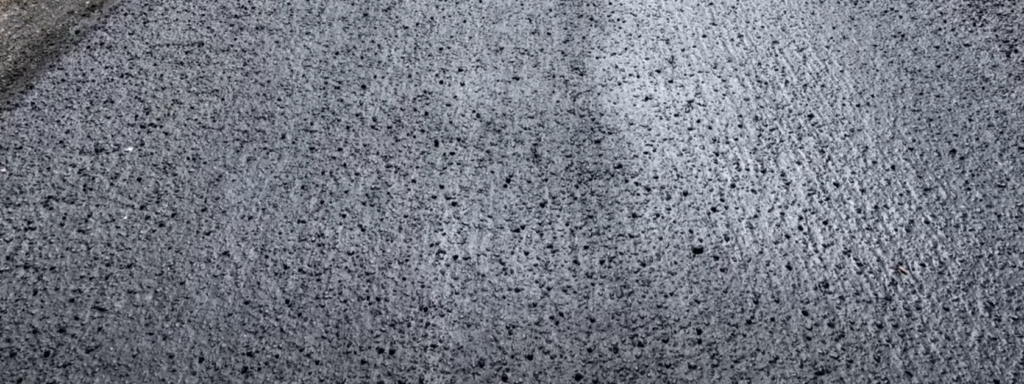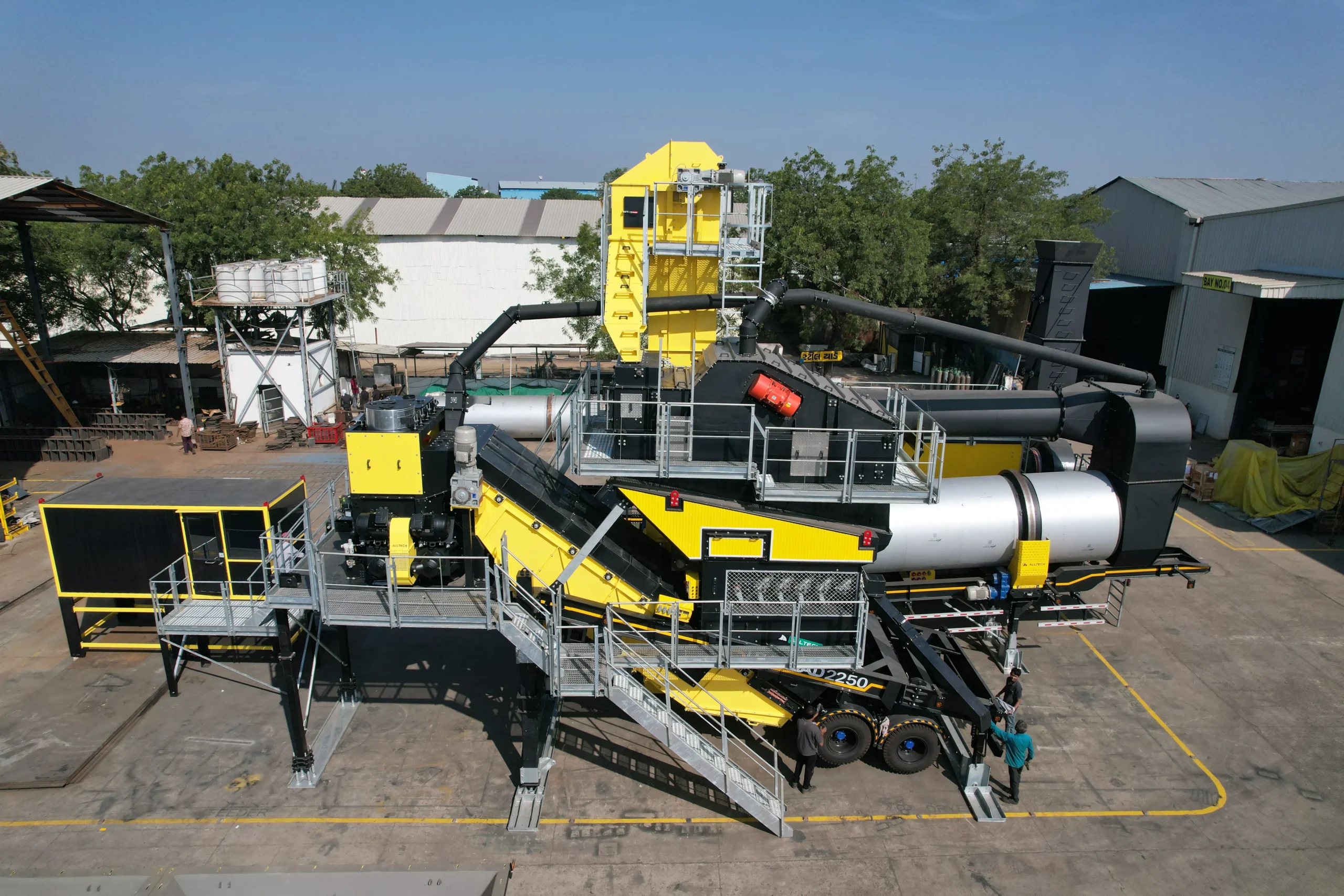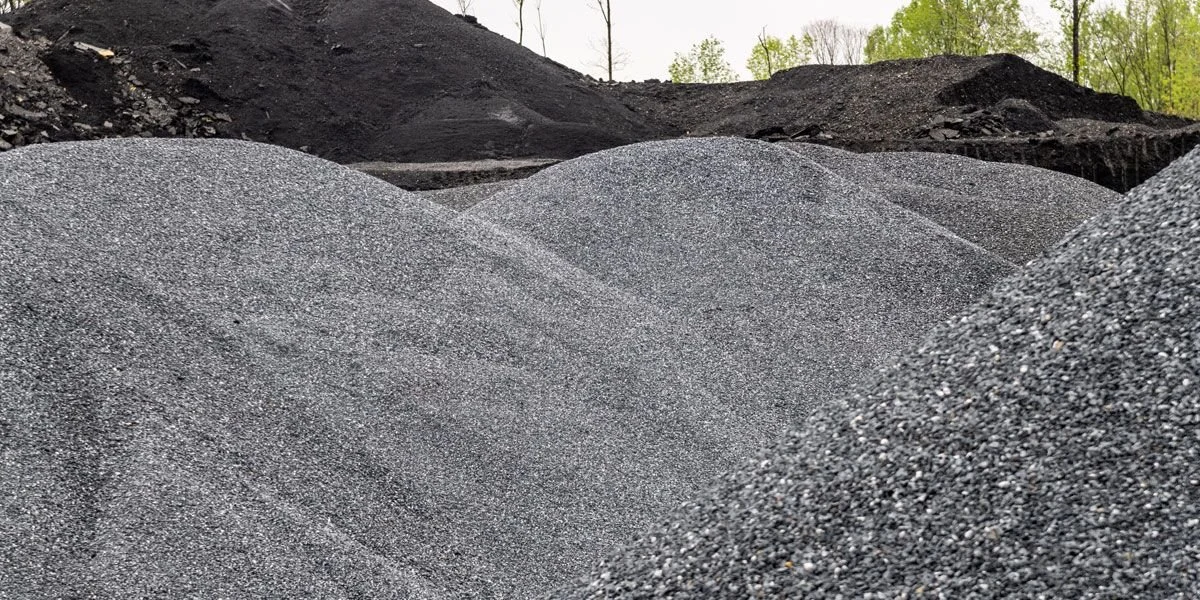
Введение
With increasing traffic loads, changing weather patterns, and growing demands for longer-lasting roads, the construction industry is turning to advanced materials to improve road performance. One such innovation is Polymer Modified Bitumen (PMB). By blending polymers into conventional bitumen, PMB significantly enhances the durability, flexibility, and lifespan of asphalt pavements. In this blog, we explore the key benefits of PMB and how it plays a vital role in enhancing asphalt durability in modern infrastructure projects.
What is Polymer Modified Bitumen (PMB)?
PMB is a specially engineered form of bitumen that is modified using polymers like Styrene-Butadiene-Styrene (SBS) or Ethylene Vinyl Acetate (EVA). These polymers improve the physical and rheological properties of bitumen, making it more resilient to high-stress conditions. PMB is commonly used in high-traffic areas, highways, airports, bridges, and regions with extreme weather.
1. Superior Resistance to Rutting and Deformation
One of the most common failures in asphalt pavements is rutting, caused by the repetitive pressure of vehicle loads. PMB enhances the elasticity and stiffness of asphalt, enabling it to resist permanent deformation under high temperatures and heavy traffic. Roads made with PMB can maintain their structural integrity even in extreme summer conditions.
2. Increased Flexibility at Low Temperatures
In colder climates, traditional bitumen can become brittle, leading to cracking and surface damage. PMB improves the flexibility of asphalt at low temperatures, preventing thermal cracks and extending the pavement’s service life. This makes PMB ideal for regions that experience freeze-thaw cycles or sharp temperature fluctuations.
3. Improved Fatigue Resistance
Fatigue cracking is another major cause of pavement deterioration, especially in highways exposed to continuous vehicle loading. PMB strengthens the asphalt binder, improving its fatigue resistance and allowing pavements to endure more load cycles without cracking. This results in lower maintenance costs and fewer repairs over time.
4. Enhanced Adhesion and Moisture Resistance
Water is a major enemy of road durability. It weakens the bond between aggregate and bitumen, leading to stripping and potholes. PMB provides better adhesion to aggregates and offers enhanced resistance to moisture damage, making the pavement more durable during monsoon seasons or in humid environments.
5. Longer Pavement Lifespan and Lower Maintenance
Thanks to its improved physical properties, roads built using PMB last longer and require less frequent maintenance. Although the initial cost of PMB may be slightly higher than conventional bitumen, the life-cycle cost savings are substantial. It reduces the need for re-paving and patchwork, translating to less disruption and long-term savings for contractors and municipalities.
6. Ideal for Heavy-Duty Applications
PMB is especially effective in high-stress areas such as:
- Expressways and highways
- Airport runways and taxiways
- Industrial areas with heavy truck movement
- Bridge decks and toll plazas
Its ability to withstand dynamic and static loads makes it the binder of choice for premium asphalt applications.
7. Compatibility with Sustainable Practices
Modern PMB formulations can be designed to work with reclaimed asphalt pavement (RAP) и warm mix asphalt (WMA) technologies. This enables eco-friendly construction without compromising on performance, contributing to green infrastructure goals.
Заключение
Polymer Modified Bitumen is more than just an enhanced binder—it’s a solution to many of the challenges faced in asphalt road construction today. With its superior resistance to rutting, cracking, fatigue, and moisture, PMB significantly increases the durability and performance of asphalt roads. Whether you’re building new roads or upgrading existing ones, using PMB can ensure smoother rides, longer service life, and better return on investment.





